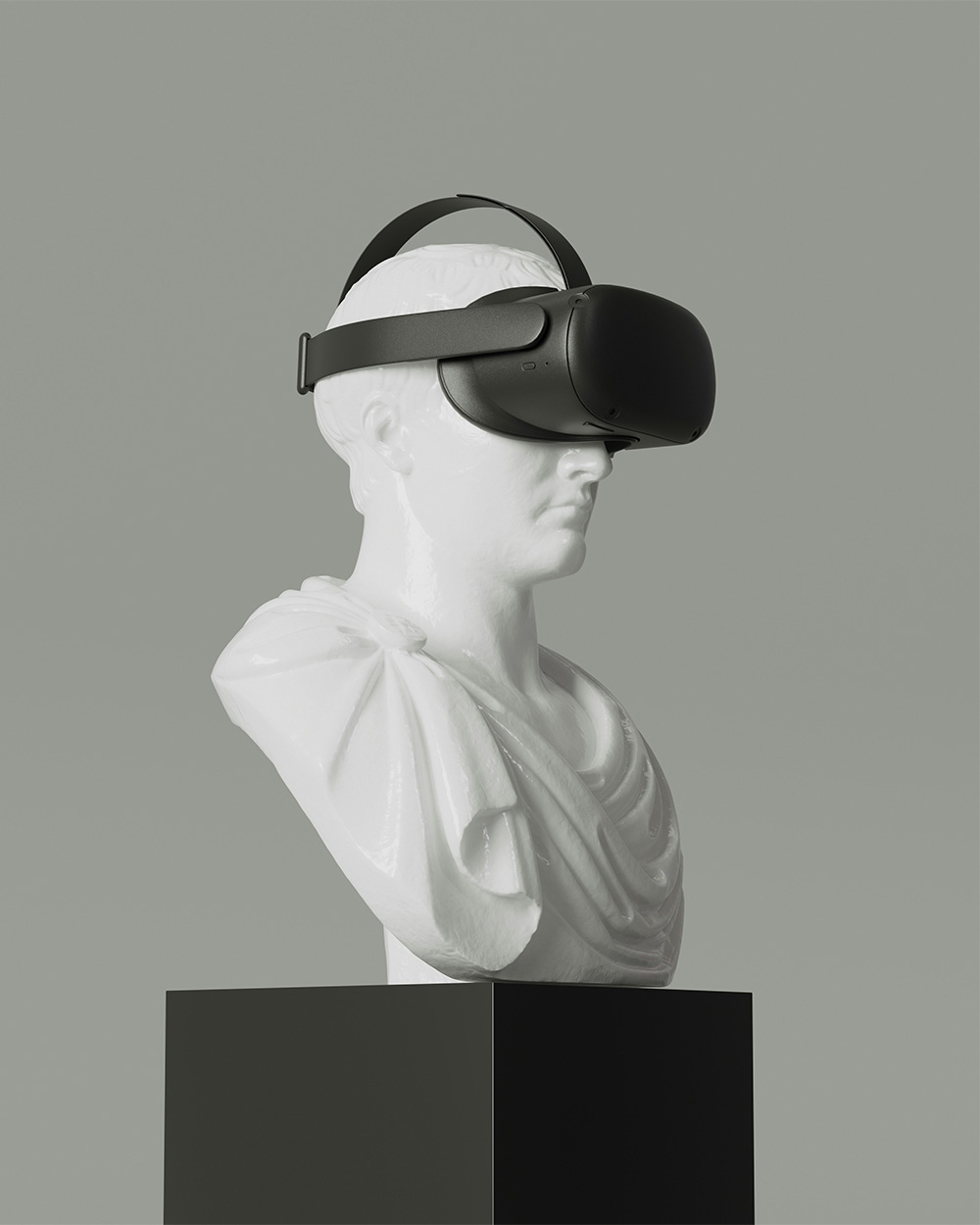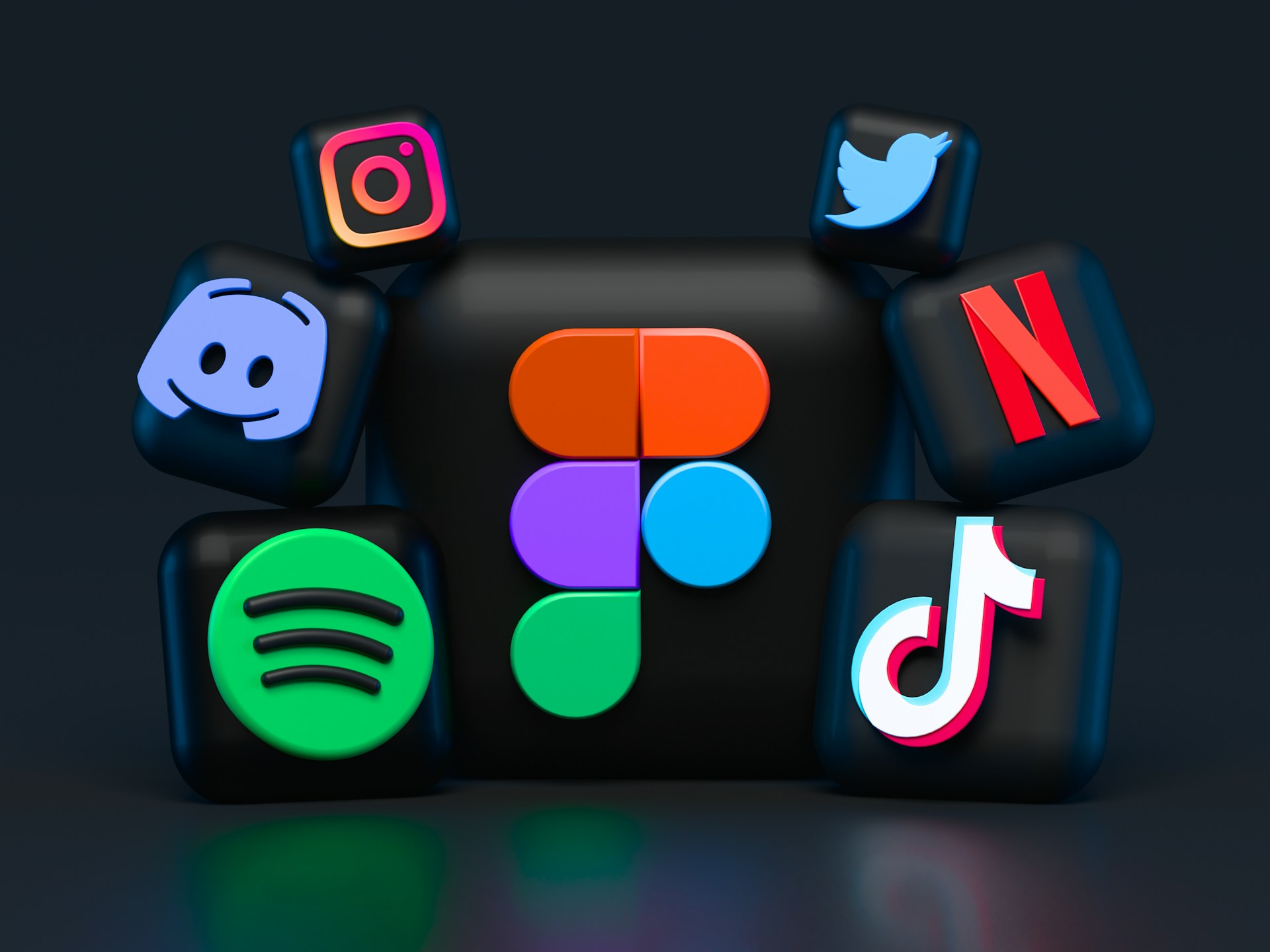All You Need To Know About Social Media
What is Social Media?
Social media refers to digital platforms and applications that enable users to create, share, and interact with content and with each other. These platforms facilitate the creation and exchange of information, ideas, interests, and other forms of expression through virtual communities and networks.
History of Social Media
- Early Beginnings:
- The roots of social media can be traced back to early internet forums, bulletin board systems (BBS), and online chat services like IRC in the late 1970s and 1980s.
- Rise of Social Networking Sites:
- In the late 1990s, websites like SixDegrees.com allowed users to create profiles and list friends.
- Early 2000s saw the emergence of platforms like Friendster, MySpace, and LinkedIn, which focused on connecting users based on interests and professional networks.
- Mainstream Adoption:
- Facebook (2004) revolutionized social networking by creating a platform for personal connections and content sharing.
- Twitter (2006) introduced microblogging, allowing users to share short updates.
- Instagram (2010) focused on photo and video sharing, gaining popularity for its visual content.
Types of Social Media Platforms
- Social Networking Sites:
- Examples: Facebook, LinkedIn.
- Focus on connecting people, building networks, and facilitating communication.
- Microblogging Platforms:
- Examples: Twitter, Tumblr.
- Allow users to share short updates, thoughts, and multimedia content.
- Photo and Video Sharing Platforms:
- Examples: Instagram, Snapchat, TikTok, YouTube.
- Enable users to upload and share visual content, often with creative tools and filters.
- Messaging Apps:
- Examples: WhatsApp, Facebook Messenger, WeChat.
- Provide private and group messaging services, often with multimedia sharing capabilities.
- Content Sharing and Community Platforms:
- Examples: Reddit, Pinterest.
- Allow users to share content around specific topics, create communities, and engage in discussions.
- Professional Networking:
- Examples: LinkedIn, Xing.
- Focus on career networking, job searching, and professional development.
Key Features of Social Media
- User Profiles:
- Personal or business profiles where users can share information about themselves or their brand.
- Content Sharing:
- Ability to post text, photos, videos, links, and other media.
- Interactivity:
- Features like likes, comments, shares, and reactions facilitate user engagement.
- Networking:
- Tools for connecting with friends, family, colleagues, and other users.
- Real-Time Updates:
- Users can share and receive real-time information and updates.
- Privacy Settings:
- Options to control who can see and interact with a user’s content.
Impact of Social Media
- Communication:
- Transformed how people communicate, making it easier to stay connected with others regardless of geographic location.
- Information Dissemination:
- Allows rapid sharing of news, information, and updates, making it a vital tool for journalists, organizations, and individuals.
- Marketing and Branding:
- Businesses use social media for advertising, customer engagement, and brand building.
- Social Movements:
- Platforms for organizing and promoting social and political movements, raising awareness on various issues.
- Entertainment:
- Source of entertainment through viral content, memes, videos, and live streams.
- Education:
- Used for sharing educational content, online learning, and professional development.
Challenges and Concerns
- Privacy Issues:
- Concerns about data privacy and how personal information is used and shared.
- Cyberbullying:
- Instances of harassment, bullying, and negative behavior online.
- Misinformation:
- Spread of false information and fake news, which can have serious consequences.
- Mental Health:
- Potential negative impact on mental health due to social comparison, addiction, and exposure to negative content.
- Digital Divide:
- Unequal access to social media and digital technologies across different socio-economic groups.
Future of Social Media
- Technological Advancements:
- Continued integration of augmented reality (AR), virtual reality (VR), and artificial intelligence (AI) in social media platforms.
- Regulation:
- Increasing calls for regulation to address privacy, misinformation, and other concerns.
- E-commerce Integration:
- Growth of social commerce, where users can buy products directly through social media platforms.
- Niche Platforms:
- Rise of specialized social media platforms catering to specific interests and communities.
- Enhanced User Experience:
- Focus on improving user experience through better design, new features, and more personalized content.
Social media continues to evolve, shaping how we connect, communicate, and interact with the world. It plays a significant role in modern society, influencing various aspects of our daily lives and the global landscape.
Subscribe to our
newsletter.
Get valuable strategy, culture, and brand insights straight to your inbox.
By signing up to receive emails from Motto, you agree to our Privacy Policy. We treat your info responsibly. Unsubscribe anytime.

